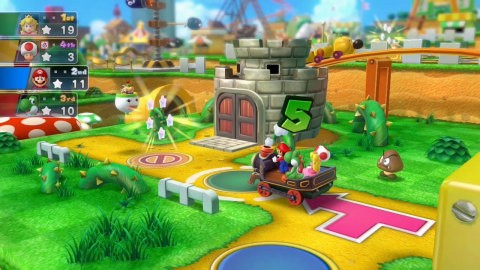Nintendo president Satoru Iwata, who died of cancer during the past week at age 55, was often considered as a creative genius. He led the company's revival as it launched the Wii console during 2006. The magic of the low-tech game system and its video game collection for family entertainment challenged the high-definition realism of Sony's PlayStation 3 and Microsoft's Xbox 360.
Games publisher Michael Acton Smith said that Nintendo's challenge to Microsoft and Sony focused on "fun, magic, and joy." These features were contained in games ranging from Super Mario Bros to Wii Sports.
Nintendo's second birth was not as flashy as ones such as Steve Jobs' saving of Apple Inc., but was just as significant. The company has ignored its competition's moves.
It should be noted that taking the path less traveled has had a high price. For example, because Iwata refused to allow Nintendo games on mobile devices, its market share has landed between games such as Microsoft's Minecraft and Sony's PlayStation 4.
Iwata had a change of heart before his death. Following three years in the red, he closed deals to put Nintendo characters on gaming apps for mobile phones, and in Universal theme parks, according to Financial Times.
Nintendo has seen ups and down over the years. It survived Sega's Sonic the Hedgehog during the 1990s, and gaming consoles launched by Sony and Microsoft.
However, Iwata focused on "magic" rather than tech. This continued the tradition of the charming characters and complex game designs of the Nintendo Entertainment System (1985) and Game Boy (1989).
In the 2000s, game giants such as Sony and Microsoft focused mostly on making games more realistic. A prime example is the shooting game Halo.
Instead of playing the gaming industry's game, Iwata expanded it. When Wii hit the market it had a price tag of $250 (half the price of PlayStation3), and featured light entertainment such as bowling and tennis.
Iwata was only the fourth person to lead the Japanese corporation Nintendo, since it was launched in 1889 as a card games company, according to Herald Scotland. He became Nintendo of America's chief executive in 2013.



























